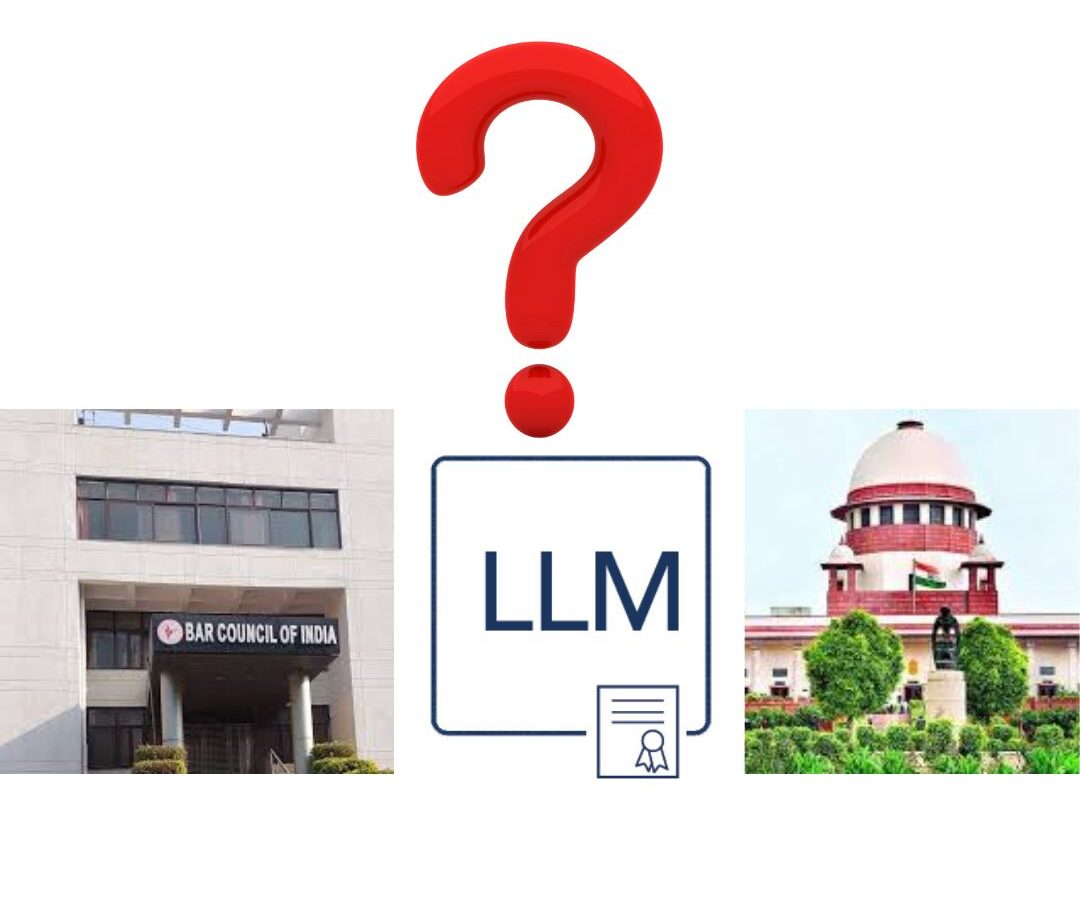In a significant observation, the Supreme Court on Tuesday questioned the Bar Council of India’s (BCI) authority over determining law school curricula, suggesting that academic experts—not regulatory bodies—should shape the direction of legal education in India.
A Bench comprising Justices Surya Kant and NK Singh was hearing a batch of petitions challenging the BCI’s 2021 decision to discontinue the one-year LL.M. programme and to de-recognise foreign LL.M. degrees in India [Tamanna Chandan Chachlani v. Bar Council of India and connected matters].
While the BCI informed the Court that it had constituted a stakeholder committee headed by a former Chief Justice of India to review the matter, the Bench raised broader concerns about the scope of the BCI’s role in legal education.
“Why should BCI decide the curriculum of law colleges?” Justice Kant remarked. “The BCI has an important responsibility in providing practical legal training—drafting, citation of case law, and so on—but the formulation of academic curricula should rest with academicians.”
The Court also expressed dissatisfaction with the quality of judicial officers emerging from current legal education frameworks. “What kind of judicial officers are being produced today?” Justice Kant questioned. “Do they understand the plight of the common citizen, or are they merely delivering mechanical judgments? These are issues that academia is better placed to address.”
The Bench further noted that the BCI should focus its efforts on pressing internal priorities, such as the welfare of lawyers and global recognition of the Indian legal profession, instead of micromanaging law college administration.
“Rather than inspecting colleges, BCI should concentrate on improving the quality and welfare of legal practitioners across India,” Justice Kant said.
In its order, the Court called for responses from the Central government and the University Grants Commission (UGC) on the issue of BCI’s regulatory reach in legal education. It also requested the assistance of the Attorney General of India, R. Venkataramani.
“We direct the UGC to file its reply and request the Union to submit a comprehensive affidavit. The Attorney General is requested to assist the Court during the next hearing,” the Bench stated.
The Court additionally suggested that any expert committee constituted by the BCI should include Vice-Chancellors and legal scholars to ensure academic inputs are adequately represented.
Senior Advocate Dr. Abhishek Manu Singhvi, representing the Consortium of National Law Universities, submitted that the BCI’s influence is expanding beyond LL.M. programmes to include PhDs and diploma courses, which he argued should remain outside the Council’s jurisdiction.
“The BCI’s mandate was to regulate entry into the legal profession. It was never intended to dictate the structure of legal education in its entirety,” Singhvi said.
In response, Senior Advocate Vivek Tankha, appearing for the BCI, argued that the LL.M. degree—especially in its two-year format—was intended as a qualification for teaching, and therefore warranted deeper study.
The Court closed the session by drawing a comparison with other professional bodies, with Justice Kant asking, “Does the Medical Council of India determine the curriculum for postgraduate medical degrees like MD or MS? The answer is no.”
The matter remains pending, with the Court expected to revisit the issue after receiving the necessary inputs from stakeholders.



